When I first quit my full-time job years ago, I foolishly thought I would be able to travel much more smoothly. No more bosses, no more overtimes, and no more filing of a leave of absence or asking for permission if I want to travel somewhere. Boy was I mistaken. It was only hassle-free when I was traveling domestically. But the minute I tried to get out of the country, it became oh-so-clear that as far as international travel is concerned, freelancers have it harder.
Think about it. Being employed full-time proves two things: (1) that you have a steady source of income, and (2) that you have a reason to return after the trip. Most employers set up payroll bank accounts for their workers and have a dedicated HR department that file tax documents and health insurance plans (HMO) on their behalf. Freelancers, on the other hand, don’t have that convenience. They often have to do all these on their own. And because it takes a lot of time and effort, many freelancers choose to just do away with it.
But that’s the problem. If you’re a freelancer and you see yourself traveling abroad frequently in the future, I encourage you to deal with the paperwork as early as you can. Here are some tips to make your travel life much easier, based on personal experience.
Get a Certificate of Employment from your clients.
Technically, it’s not really a certificate of employment, just a written reference similar to it. This document basically certifies that you are hired or you work for them as a freelancer or consultant.
This was my alternative to a company ID. Remember, Immigration Officers (in the Philippines, at least) usually ask for a company ID, which most freelancers don’t have. What I used to do was get some sort of Certificate of Employment from my clients. Ideally, it should explain what kind of work you do for them and since when. It should also be signed by your client and their contact numbers in case further information is needed.
For visa applications, I also make sure that the document states how much money I receive from them because most embassies will look for this detail.
Open a bank account and save up!
Most embassies and consulates require visa applicants to submit a bank certificate and, sometimes, a bank statement. What are they looking for exactly? Three things, generally:
How much money you have right now, which will tell them if you can afford the trip.
What is your Average Daily Balance (ADB) for the past 6 months, which will tell them that the money you have right now didn’t magically appear (meaning, that you didn’t borrow money and deposit it very recently to fool them).
How old is your account.
So save up as early as you can and don’t touch it. One of the first things I did after quitting my job was create a bank account and fund it with P50,000 at first. Then I add more to it every month. This is my Savings Account. I don’t withdraw from this account except in case of emergency. This is what I use when applying for a visa. I have another account, which I call my “Travel Fund,” because this is what I use when I’m on a trip.
Because of this, I never worry about bank certificates and statements.
Beef up your travel history.
Since our Euro trip, one of the most common messages we get are those asking for tips on how to make sure their Schengen visa application gets approved even when:
- You don’t have bank records (or any proof that you can support the trip financially), and
- You have no proof that you have a source of income (no ITR, no certificate of employment, no business registration docs)
We were in this position before. But here’s what we did: WE WAITED. After all, we were in NO RUSH to visit Europe. We took our time. While waiting, we did set up a bank account and worked on other documents.
Also, We traveled to VISA-FREE countries so we could beef up our travel history. We started with Southeast Asia. Then, we moved on to Japan, Korea, and Australia, which are good items on our “travel resume” but relatively easy to acquire. We thought that if the embassy saw that we visited a lot of other countries before and returned without issue, we’d have a bigger chance of getting approved.
We wanted to make sure that when we finally apply, we’re confident it will get approved. We don’t want any rejection on our record because it might affect our future applications.
We’re not saying you should do the same. What we wanna ask is: Do you really need to go to these hard-to-reach countries soon soon soon? Can it wait? Maybe we need more time to prepare?
It’s a common narrative among my freelance friends, who applied for Schengen and US visas early on and got rejected. They did the paperwork and beefed up their travel history. When they tried again, their applications were approved.
Get yourself insured.
First things first, Philhealth. If you quit your full-time job, chances are, your previous employer paid for your Philhealth. In that case, don’t stop. You’re gonna have to pay on your own but carry on.
If you never had Philhealth coverage before, sign up. It’s easy. You can even pay for the entire year, if you can’t be bothered every month.
I know this because just 5 months after resigning, I was hospitalized for the first time in almost 20 years. I ended up spending a lot on hospital bills, something that I could have avoided had I been with Philhealth still.
Better yet, get a health insurance from popular HMOs (Health Maintenance Organizations) for as low as P18,000 a year. “Several HMOs in the country have affordable packages designed for self-employed individuals,” says finance expert and a good friend, Fitz Villafuerte. “And the best thing about these medical coverage is that you can use it ON TOP of the benefits you get from PhilHealth!”
Also, consider purchasing travel insurance every time you travel. Don’t think it’s a waste of money. If you don’t get to use it, great. If time comes that you need it, you’ll be thankful you have it.
Take care of the paperwork.
I’m registered now. And I swear, it just made my life much easier.
In my early years of travel blogging, I was a freelancer with no proof of employment. It was tough. Like I said, when applying for a visa, they ask for a certificate of employment. When passing through Immigration, they ask for company ID. At the time, I had none of those!
So I registered my service as a business. As self-employed, I now have business registration documents. All these are accepted by Immigration and embassies, almost without question. The whole process may be tedious and overwhelming. There are a lot of steps and I had to deal with three individual institutions: the SEC, the BIR, and the local government (for the Mayor’s Permit). Thankfully, a friend of mine is an accountant and he offered to process the registration for me. I also hired a bookkeeper to manage my taxes.
This way I get to have the following:
- a company ID
- business registration documents
- ITR
It’s worth it. It’s just easier to travel when you have the papers to prove that you have a job, or in this case, a business. And I don’t worry about getting offloaded anymore.
These tips are not fail-proof. Visa applications are still judged on a case-to-case basis. But it will surely help.
2️⃣0️⃣1️⃣7️⃣ • 1️⃣ • 2️⃣6️⃣
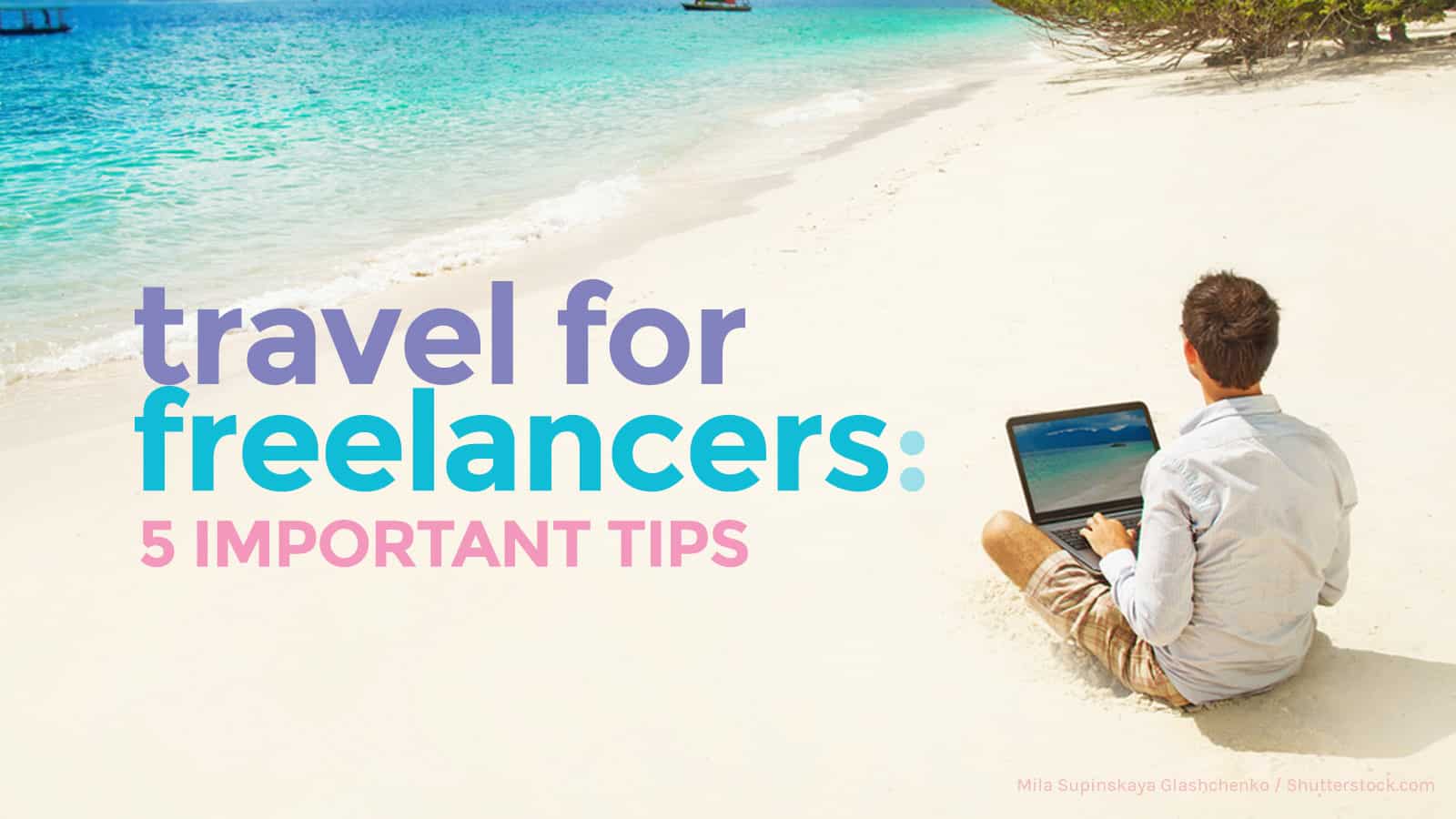

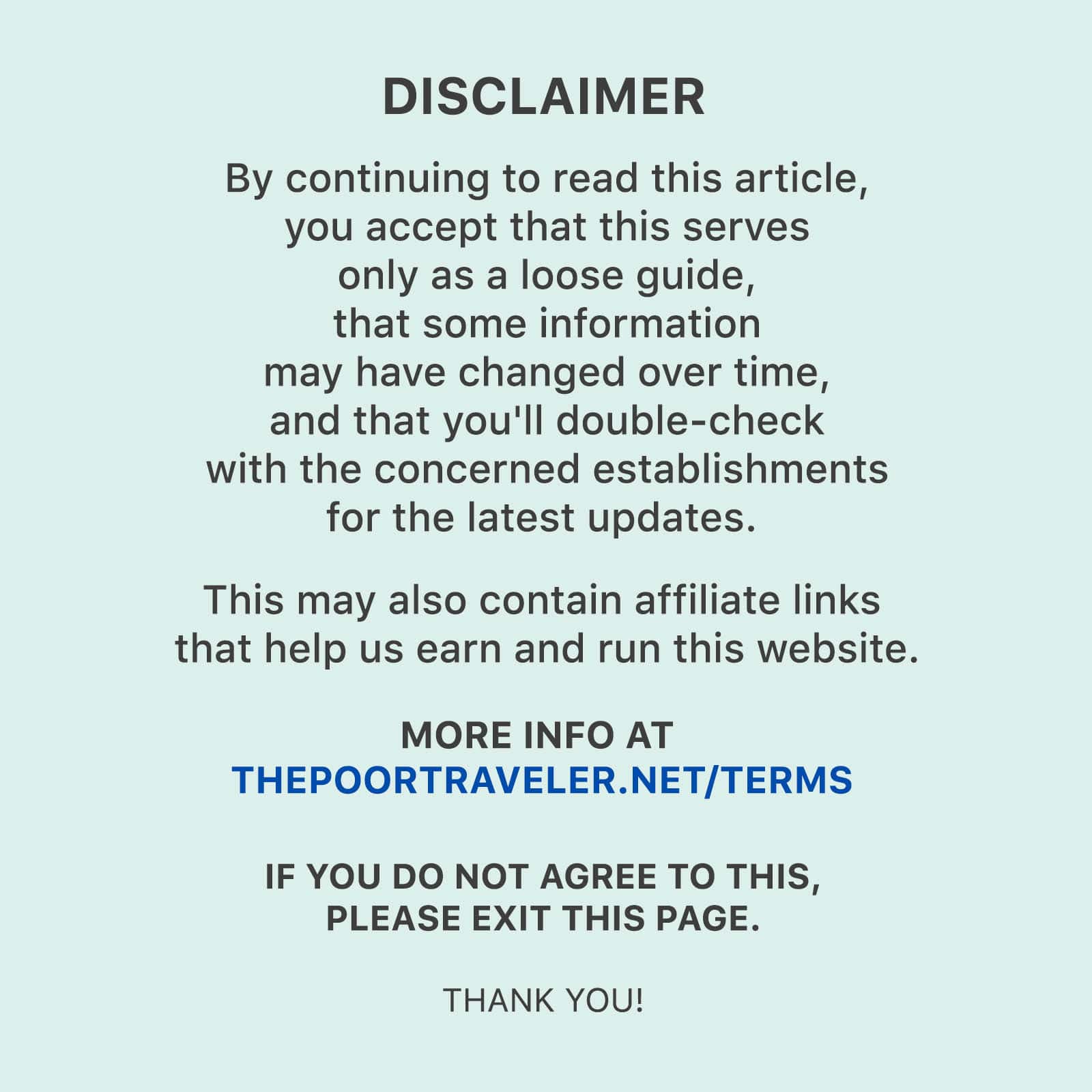

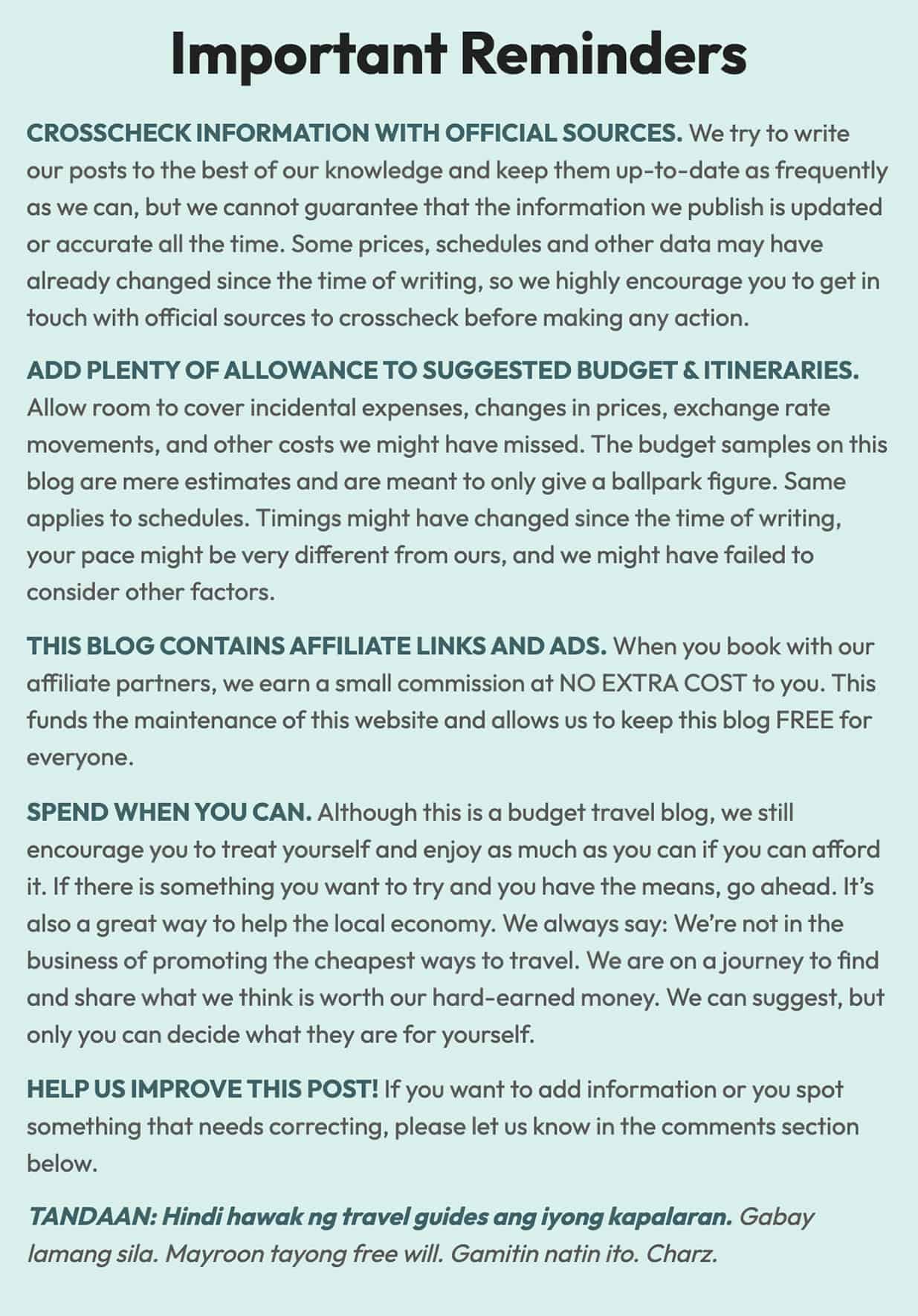
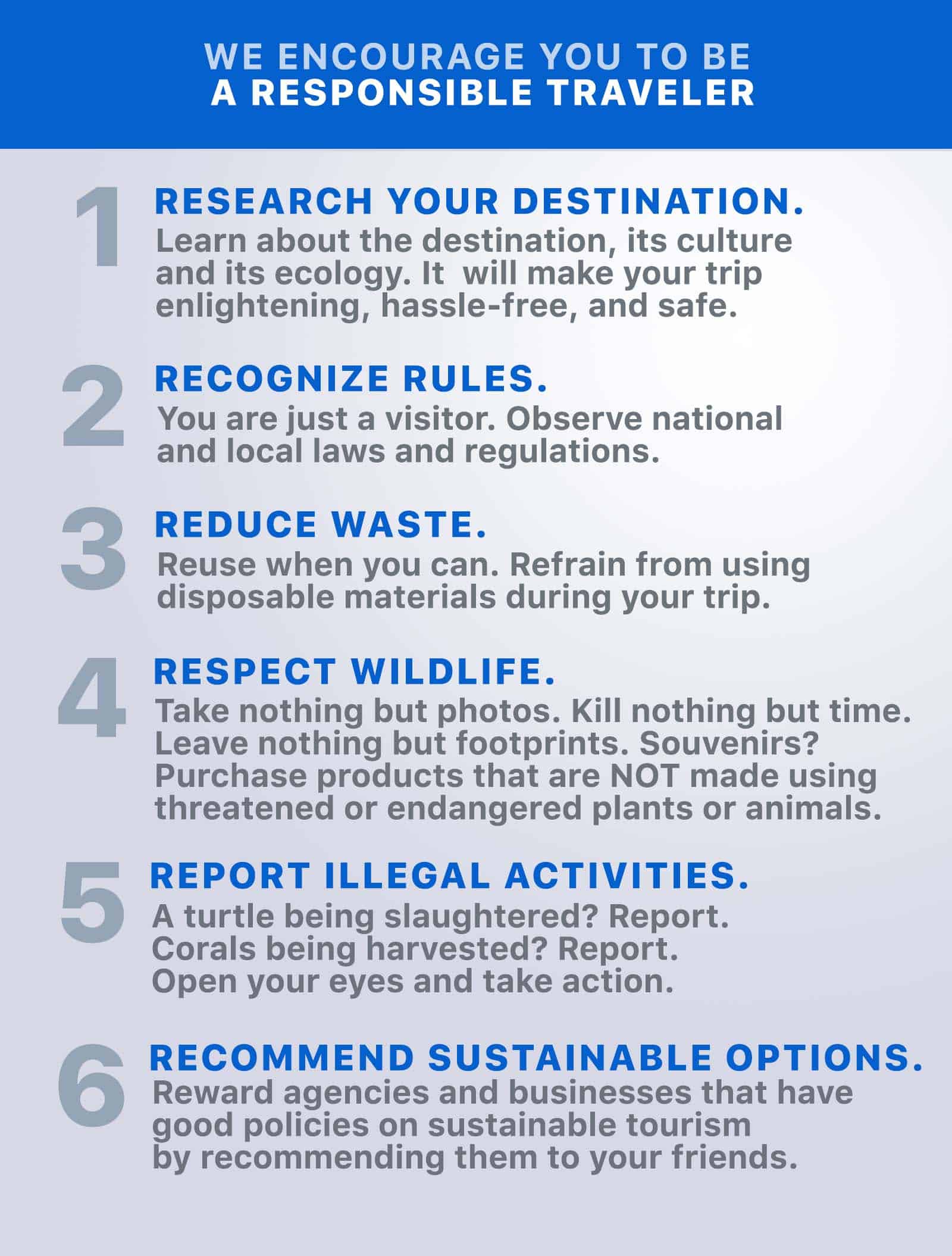



















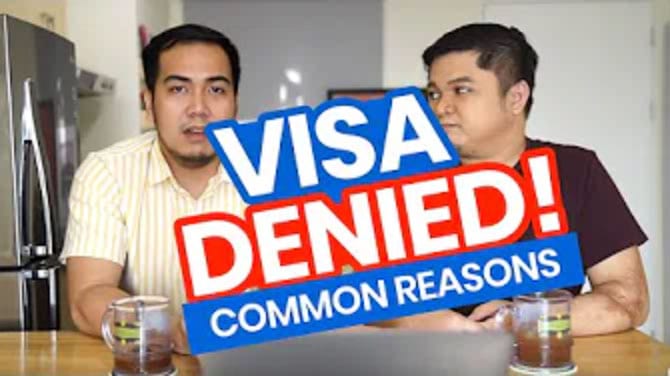
Hello. Online freelancer din po ako. Pano iregister as business yung work na gaya ng satin? Pano po procedures? Thank you in advance :)
Hi @jeinocencio:disqus! This article might help: https://www.onlinejobs.ph/blog/filipino-online-workers-guide-to-paying-taxes :D
What a great post. I work as a freelancer and travel promoter. Some of these tips I’m already following but will work on the rest. Thanks for sharing your experience.
Regards,
vaaditravels.com
Hi. Thanks for tips. I would love to quit my job someday :)
Hi. do you have some detailed guide on how to be a sole proprietor? thanks.
I have never needed travel history but I have have a US Passport :)
The above message is very helpful.
Thanks, Ferdz!
hi, concerning dun sa ITR for self employed, What if I registered my business on July 2019 and im planning to travel to Europe this Dec2019, can I get an ITR when I apply for tourist Visa? Or is it enough to present a business permit at this time?
Hello,
Ask ko lang po regarding sa bank statement, okey lang ba na yung salary ko is transferred lang from my another account monthly? No issue ba yung Cash Deposit (CD) over sa Cash Memo from remittance (CD) as long as same yung monthly income base sa contract and COE? Gusto ko din po kasi gawin yung nasa post mo na magsave lang dun sa isang account. Thanks
Hi
It’s helpful guide. Could you please let me know what kind of registration will work for freelancers??
Your response will be appreciated.
Hi, what if ininvite ka ni client to go to Portugal, need pa rin ba ung ITR? I have a bank account and credit cards which are in good standing. Wala lang along with ITR and travel history. This is my first time traveling internationally. Do you have any additional recommendation or tips for my scenario?
Re ITR, best if you have it. If wala ka pa, it’s not too late to file for it sa BIR now habang hindi pa deadline. You can still get one.
Other tips: Get a letter from your client explaining the purpose of your trip and why you need to be in Portugal, and enumerating what parts of your trip will be shouldered by them.
“So I registered my service as a business” – Would be super interested to do this myself. Do you have a guide how you did it? I’ve tried several times paying taxes as a freelancer, the Pasig RTO didn’t know how to categorize my work. It’s so disheartening.
Hi Paulene! Naku, wala kaming guide about it and di ko rin sya kaya isulat kasi nahirapan din po ako mag-ayos nung una kaya ‘yung ginawa ko na lang po, hinire ko na lang po ‘yung friend ko na accountant para sya yung mag-ayos nung registration and payments etc. haha